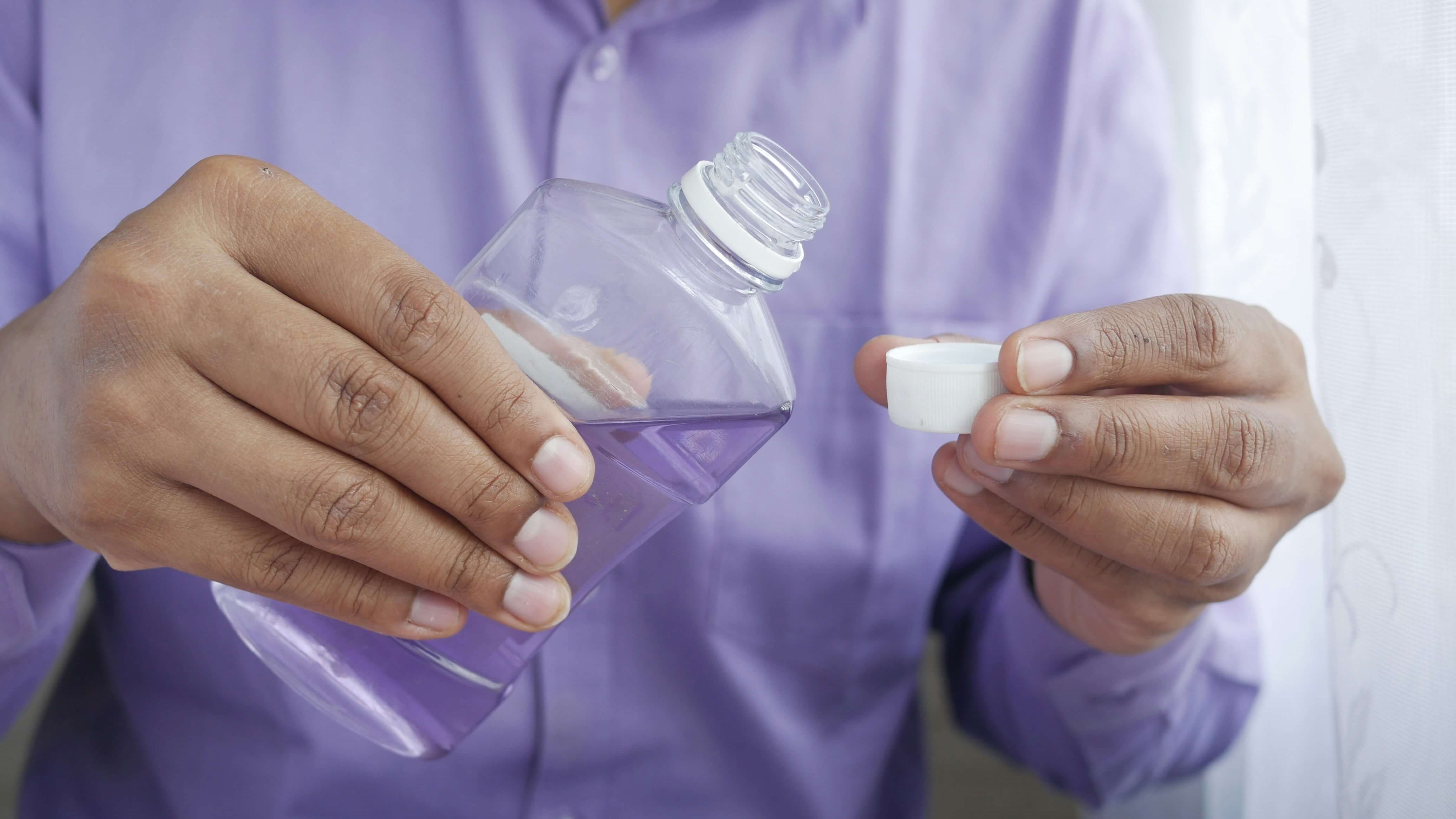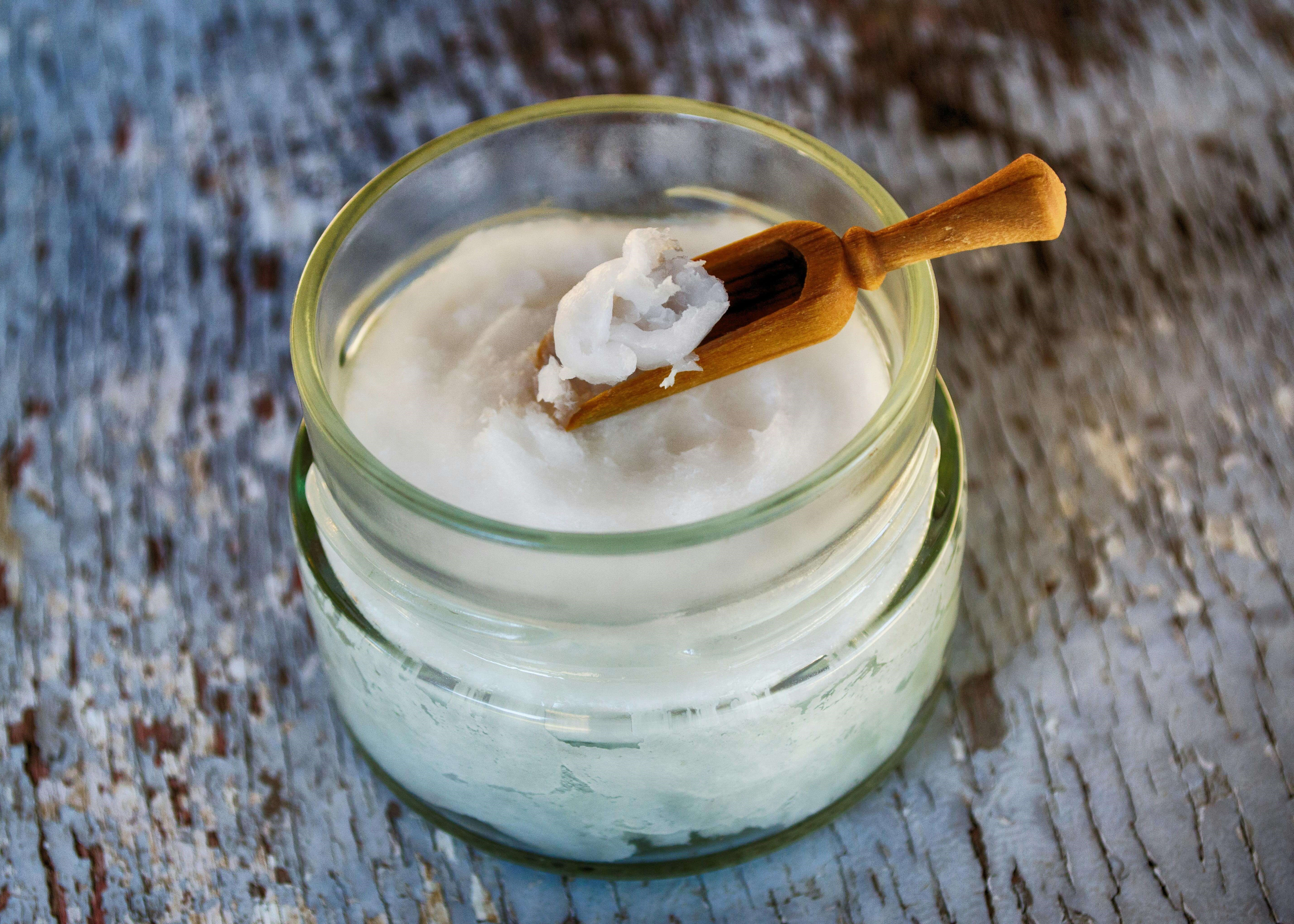Pros and Cons of Oil Pulling
&srotate=0)
Oil pulling, an ancient dental technique, has garnered significant attention in recent years for its oral health benefits. While advocates praise its natural approach to dental hygiene, it's important to scrutinize this practice from a dental professional's viewpoint. Here, Dr. Melissa Christian explores the pros and cons of oil pulling to help you make an informed decision about incorporating it into your oral care routine.
What is Oil Pulling?
Oil pulling involves swishing a tablespoon of oil (commonly coconut, sesame, or sunflower oil) in your mouth for about 15-20 minutes before spitting it out. The idea is that the oil "pulls" out toxins and bacteria from your mouth, leading to improved oral and overall health.
Pros
Natural Antibacterial Properties
Many oils used in oil pulling, particularly coconut oil, have natural antibacterial properties. Coconut oil contains lauric acid, which has been shown to reduce harmful bacteria in the mouth, can potentially reduce plaque buildup and gingivitis, a common gum disease.
Reduces Bad Breath
By eliminating bacteria and toxins from the mouth, oil pulling can freshen your breath. This is especially beneficial for individuals who suffer from persistent bad breath despite regular brushing and flossing.
Potentially Improves Gum Health
Some studies suggest that oil pulling can reduce inflammation and improve overall gum health. Regular oil pulling may decrease bleeding gums and prevent the progression of gum diseases like gingivitis and periodontitis.
Simple and Accessible
Oil pulling is easy to do and doesn't require any special equipment. It can be done at home, making it accessible to anyone interested in trying it.
&srotate=0)
Cons
Lack of Comprehensive Scientific Evidence
While some small studies and anecdotal evidence support the benefits of oil pulling, comprehensive scientific research is limited. The American Dental Association (ADA) states that there is insufficient reliable evidence to support the effectiveness of oil pulling as a dental treatment.
Not a Substitute for Traditional Oral Hygiene
Oil pulling should not replace regular brushing and flossing. It's important to maintain traditional oral hygiene practices, including brushing twice a day with fluoride toothpaste and flossing daily.
Risk of Aspiration
Swishing oil in the mouth for extended periods can be challenging, especially for beginners. There's a risk of accidentally swallowing the oil or, worse, aspirating it into the lungs, which can lead to lipid pneumonia, a rare but serious condition.
Potential for Nausea and Discomfort
The sensation of swishing oil in the mouth can be unpleasant for some people. It may cause nausea or discomfort, particularly for those who are sensitive to textures and flavors.
Your Smile Is A Reflection Of You
Oil pulling offers several potential benefits, particularly due to the natural antibacterial properties of oils like coconut oil. However, it's crucial to approach this practice with realistic expectations and an understanding of its limitations. While it can be a helpful addition to your oral care routine, it should not replace conventional dental hygiene practices or your routine dental check-ups with Dr. Melissa Christian!
CLICK HERE to visit our website.
&srotate=0)